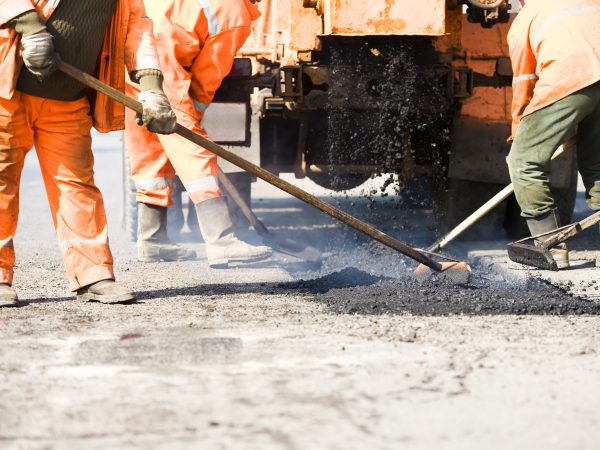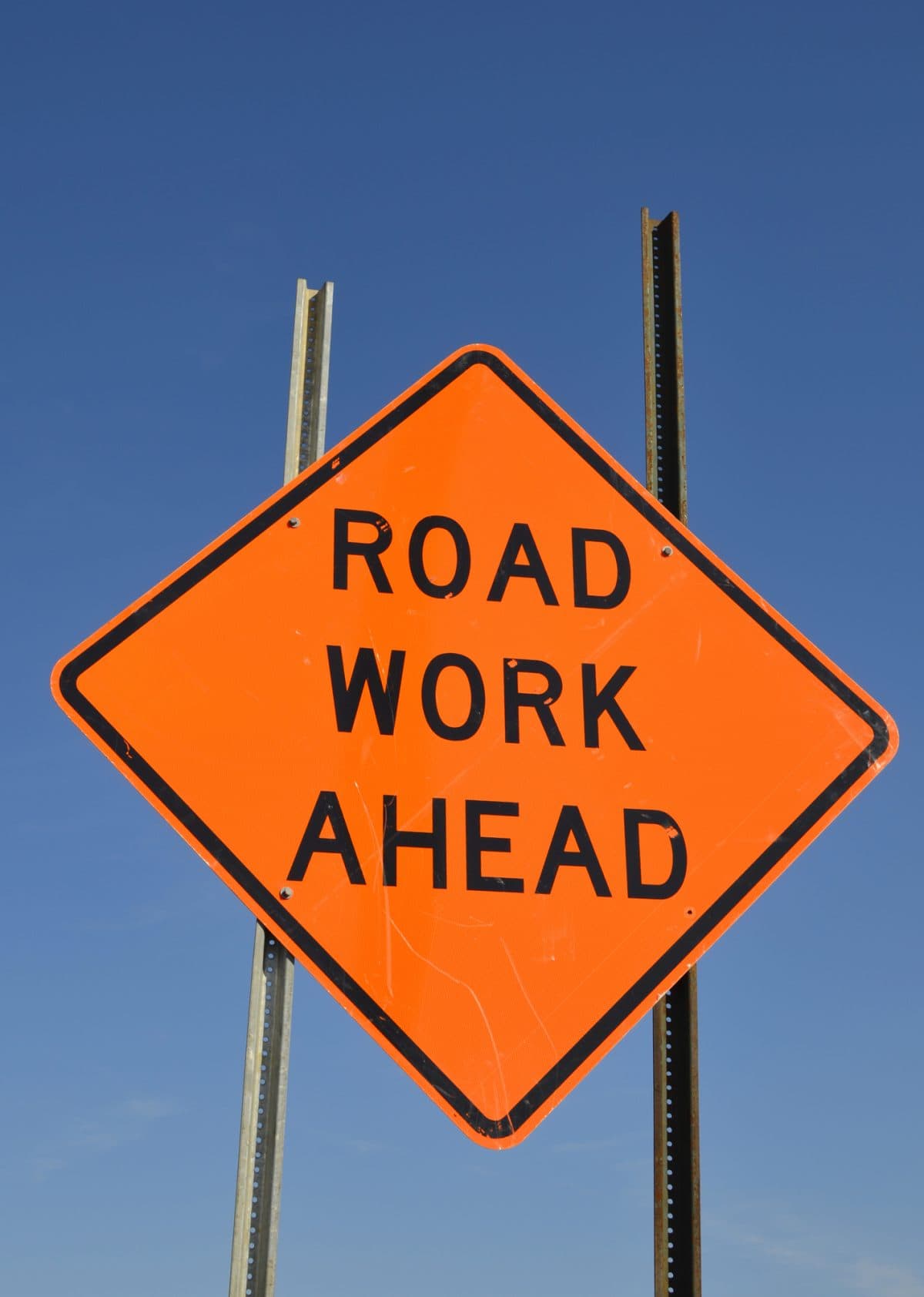Experienced Condemnation Attorney in Chicago: Helping Owners with the Illinois Condemnation Process
The Illinois condemnation process can be stressful and confusing. Many property owners, and even knowledgeable real estate attorneys, are unfamiliar with the condemnation process, an owner’s rights, or the valuation methodology. You need an attorney who knows not only the law, but also the process to help secure for you the money you deserve. Condemnation is not just part of our practice — it is our practice. In fact, our firm handles many cases other attorneys try to settle or refuse to take on, and we have an excellent track record in securing substantial increases for our clients.
Preparations In Advance of Condemnation Proceedings
Before the government initiates the condemnation proceedings in court, the Law Office of Bryan P. Lynch, P.C. knows firsthand how important it is to prepare for the government’s taking of your property. The government has often been working for years with various professionals, including engineers, surveyors, appraisers and land planners before they even contact you. Therefore, it is critical that you begin your preparation in advance of the Illinois condemnation process, and as soon as possible. You should know that the government cannot acquire your property without either your agreement or a court order. Further, the government can only obtain a court order by initiating formal legal proceedings. It must give you notice of the legal proceedings prior to taking such action, and most importantly, it must first pay compensation.

How The Process Begins
After you hear that your property might be subject to a condemnation action, whether it is through news in the community, articles in the newspaper, surveyors mapping the area, or contact from a government representative, it is essential to understand the project and to seek experienced counsel right away.
It is important to know that you are under no legal obligation to allow any government official or appraiser onto your property, let alone into your home or business, nor are you required to speak with the government about any matter, including the proposed condemnation project, your thoughts, or the perceived value of your property. Further, you do not have to provide them with any documents that they might ask for, sign any forms, or fill out any materials they may send you concerning your property. The government cannot take your property without paying.

Government ‘Negotiators’ Are Representatives of The Government
During the precondemnation period, the government will send out ‘negotiators’ who are government representatives hired to contact you, present the government’s offer, and report to the government all communications they have with you, including anything that you may tell them. These individuals represent the state, and their job is to obtain your land at the government’s appraised price, as well as provide you with basic brochures related to the condemnation process. They cannot and do not offer you any legal advice or guidance. Everything you say and any documents you provide to the negotiator will be entered into their ‘log,’ provided to the government’s attorneys, and may be used against you later in the condemnation process.
If the government does ask to inspect your property, attorney Bryan P. Lynch will be there with you at your property and answer any questions you may have. He will evaluate the government’s proposal and start assembling information and documents regarding your property, including its history, present use, possible alternative uses, zoning requirements, the surrounding area, and any improvements. Our firm guides clients through the precondemnation process; we understand all areas of analysis to prepare a strong case supporting the value you deserve for your property taken and more importantly, any reduction in the value of your property not taken, working with necessary real estate professionals, such as appraisers.
The Filing of the Lawsuit and Valuation
The government must initiate a lawsuit by filing a document called a complaint with the court and serve the property owner. The value of your property is then determined based on the date the complaint is filed, and the government becomes committed to its stated purpose for taking your property. The government cannot pay you less or penalize you for not agreeing to sell your land or for requiring it to follow the law to take your land. After filing, the government also cannot normally change the take by adding or taking different land as compared to what it had initially presented to you in its offer; doing so may constitute “abandonment” and may require the government to restart the entire process, and pay your legal costs, fees and expenses.
Typically, the first decision an owner makes after the lawsuit is filed is whether they want to challenge the legality of the government’s use of eminent domain, which is traditionally done in the courtroom. In most instances, the owner decides not to challenge the government’s authority, and instead seeks to contest the amount of compensation offered by the government. The parties may start this process by producing appraisals to each other, which creates an opportunity for the parties to negotiate, whether outside the courtroom or through a settlement conference with a judge.
After the government has filed its complaint, we also normally suggest and coordinate the appraisal of your property by a qualified appraiser knowledgeable about condemnation; this is not an ordinary appraiser, but a specialized individual equipped with extensive experience and expertise in the condemnation field. In certain limited situations, it might also be important to discuss retaining other real estate professionals, such as a civil engineer or land planner, to determine if there are any negative impacts to the remainder of your land not taken and/or to help evaluate your property’s highest and best use.
Knowledgeable Expert Witnesses
Whether the issues involve something as basic as a well or septic system, or as complex as wetland mitigation credits or storm water management, the Law Office of Bryan P. Lynch, P.C. can assist in addressing these issues and identifying the real estate professional who can assist and prepare necessary reports to demonstrate the negative impact of the government’s project, as well as develop corrective plans and cost estimates to solve the problems created by the government. We often successfully argue that the government should pay for the costs to correct the negative impacts to your property. The conclusions from these professionals is used to leverage negotiations with the government and secure the compensation you are entitled to for your property taken and for the damage to your property not taken.
For those facing condemnation by IDOT or the Tollway, the process is different and will likely involve a very important hearing called a quick-take, which normally occurs shortly after IDOT or the Tollway files its lawsuit. This hearing is important for property owners to secure an increase in compensation paid by the government. However, without an experienced attorney who presents compelling evidence from real estate condemnation experts, it is very difficult for a judge to order IDOT or the Tollway to pay a greater amount than the amount they have offered.
Next Steps and Conclusion of Your Case
The purpose of the litigation process is to allow both sides to gather and prepare evidence regarding the compensation due to the owner. An owner has a constitutional right to have a jury decide the compensation they are due. In the court process, Bryan P. Lynch handles all the court appearances, hearings, and discovery. In most cases, you will need to do very little besides provide documentation, communicate with Mr. Lynch, provide authorization for retaining the aforementioned professionals, and most importantly, approve any settlement. Further, your presence in court is usually not required. The vast majority of cases are resolved through a negotiated settlement, sometimes with the assistance of the court. Thus, an owner should not believe that a jury trial is necessary or that settlement is not an option just because the court process is initiated. In fact, the vast majority of condemnation court cases end up settling.
If the parties cannot settle, then the parties will engage in discovery. The discovery process can involve written questions and answers, document production, and oral questioning. Throughout the case, the court often will continue to encourage the parties to try and settle the case before proceeding to a trial where the amount of just compensation is decided by a jury. Mr. Lynch will advise you and your options to obtain the maximum amount of compensation to protect your property investment.
If the parties do settle (which most do), the final step involves a settlement agreement signed by both parties, with an accompanying final order defining important terms and conditions. The court’s entry of the final order will legally conclude the matter.
Be Prepared for Your Eminent Domain Matter
Protect your investment and prepare now by contacting us or by calling 312-573-2727.
